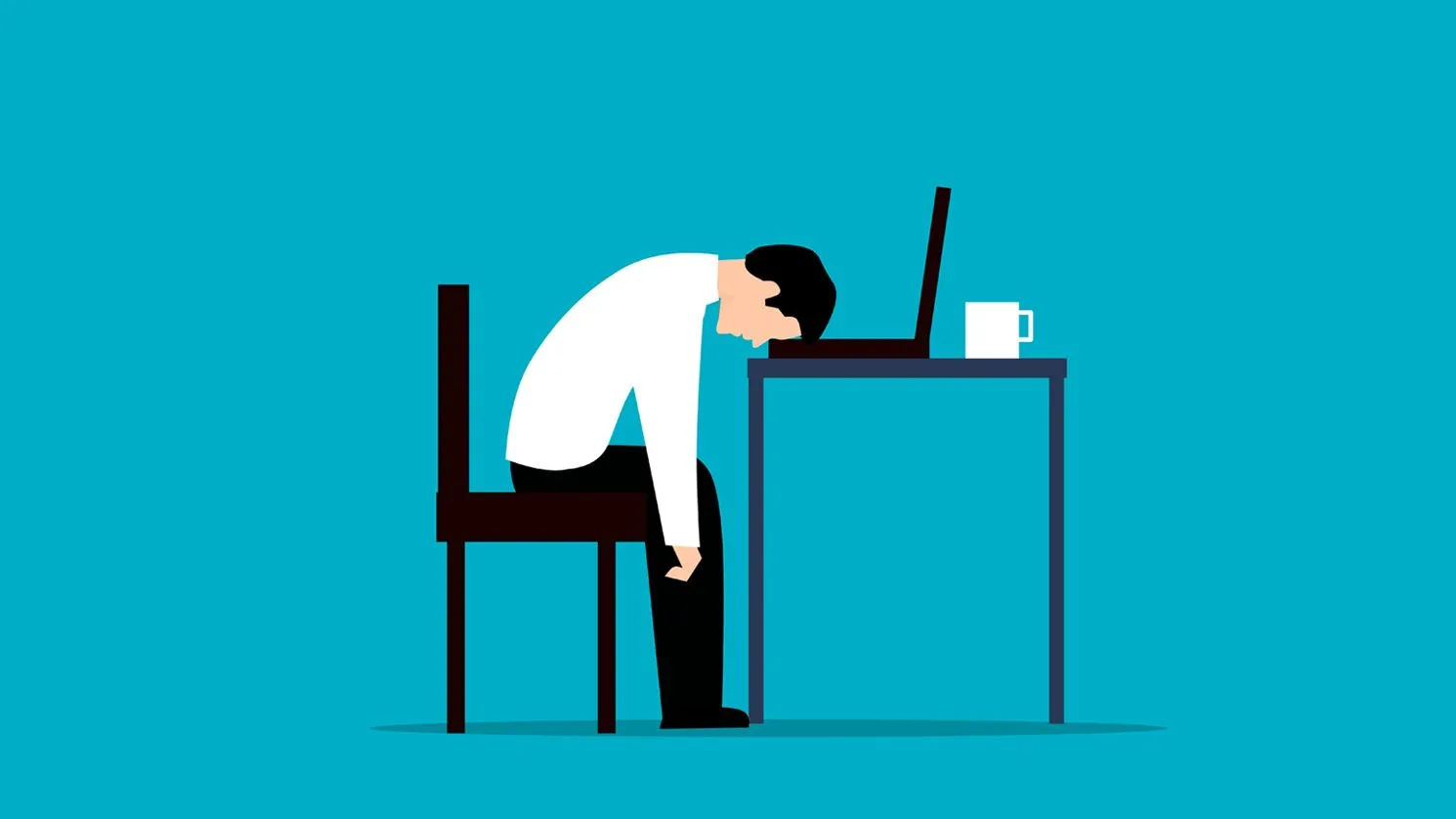- cross-posted to:
- lemmyshitpost@lemmy.world
- cross-posted to:
- lemmyshitpost@lemmy.world
This doesn’t account for the work they had to do at home. They had their own food to harvest, animals to tend to, clothes to make and the materials to make those clothes didn’t fall out of the sky. They had to chop firewood, mend the home, cook the food from scratch. Their mandatory holidays weren’t spent pursuing a hobby, traveling, playing games or consuming entertainment. Those days off just meant they could do all the work they needed to do at home instead of doing all the church’s work on top of their own.
Peasants’ work was dominantly agricultural, with some required contribution to maintenance of lands and structures around their manor.
Each peasant worked either a family lot, or an open field directly managed by the manor.
They may have worked at home for mending clothes and other simple tasks, but very little was a private responsibility.
Days not committed to work could be spent for games and festivals. There were no private hobbies, but public life was quite rich.
Another way to phrase it:
As our personal workloads were reduced, that free time was commandeered by our employers
Our personal workloads reduced because the industrialisation of agriculture meant we didn’t have to grow our own food any more.
Not trying to defend capitalism, but it’s disingenuous of you to imply that you don’t get anything in return for working.
Either I wasn’t clear or you misinterpreted but that’s not what I’m implying. Productivity went way up and instead of reduced working hours, we worked MORE and saw proportionally less of the profit.
that’s all well and good until the price of necessities is just raised to the point where you need to work as much as a medieval peasant anyways, and don’t even get the fresh air they did.
and uh, in many places that happened quite a while ago, the USA is at a point where elderly people need two jobs to afford to live.
Everyone is talking about this like it didn’t vary from century to century, or country to country.
The stat refers specifically to England in the 14th century and only covers work done for the landlord (mostly field work, which was hard labour, sometimes extremely long hours).
You say holidays but I am imagining prayer and activities that keep the church in power :/
We are also taxed way more.
Capitalism feels like mass-produced, highly-automated, technologically-advanced feudalism.
I think you overestimate the power of the church on everyday life.







